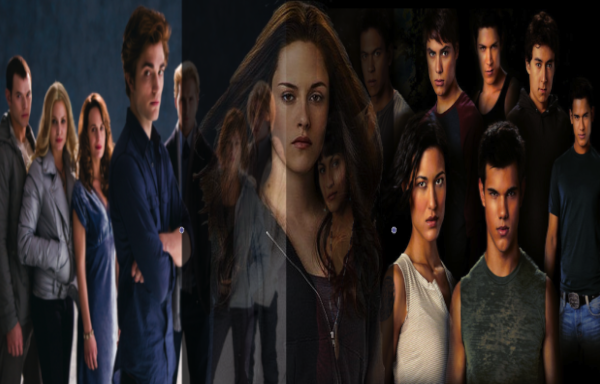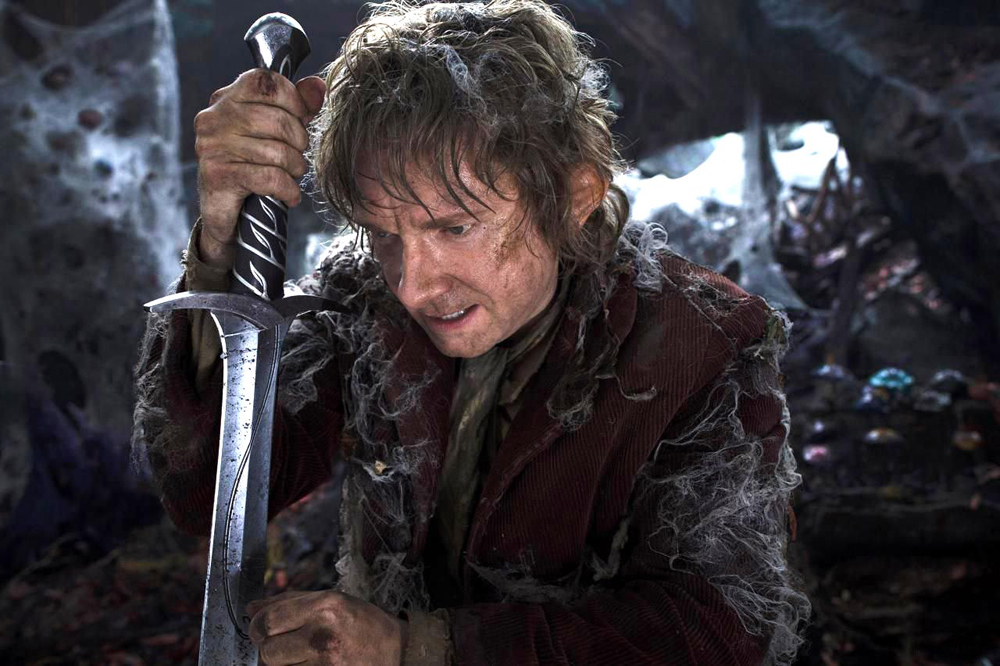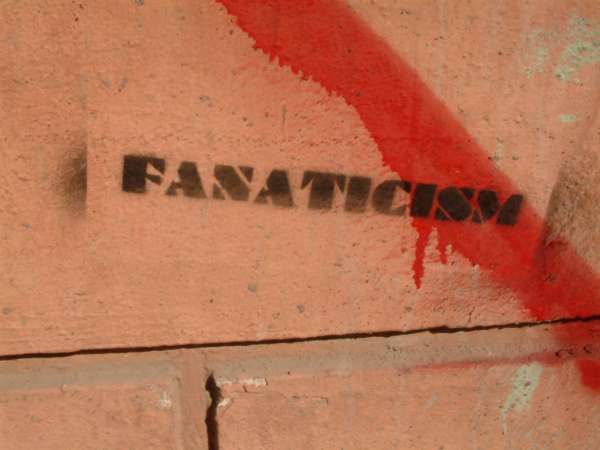25 Points: Kristen Stewart’s “My Heart Is A Wiffle Ball/Freedom Pole”

1. Plenty of celebrities have graced us with their beautiful words—Ally Sheedy’s Yesterday I Saw the Sun (Summit Books, 1991) teaches, “My insides slosh about like a nauseous ocean/It takes great gulps of air/Words from religious books/And Diet Cherry Coke to quiet the sound.” It is the wisdom of these cultural leaders—Jewel, Charlie Sheen, Suzanne Somers, Alicia Keys—and—James of House Franco, the First of Her Name, Queen of the Andals and the First Men, Lady Regnant of the Seven Kingdoms, Protector of the Realm, Khaleesi of the Great Grass Sea, Breaker of Chains, Mother of Dragons and Mhysa.
3. You cannot.
4. One job of the writer is to introduce neologisms into an otherwise very boring world. Alien space bats. Webinar. Astroturfing. Wardrobe malfunction. Brangelina. Affluenza. Kismetly. We need strong literary leaders like Kristin Stewart to push the next evolution of poetics.
5. How far does the looking glass reflect? Joyelle McSweeney, in a similar intense study of Stewart’s linguistics, noticed this: “‘kismetly’ is also a kind of inverted mirror writing of her own name (the k, i, s, e, t, the w inverted to m,)!”6. Similarly observed—is “Marfa” not a reference to Dan Flavin’s untitled (Marfa project), 1996?
7. Is it also not a reference to Atlanta’s MARTA terminal—or rather—the struggles of language—how the word distorts with a mouthful of blood, bone…freedom. Is this not done in the tradition of the great picaresque novel? Marfa, Marfa, beautiful Marfa! How the words travel like a train down the digital page—digital as moonlight!
8. The all-too-prosperous poetry market is overcrowded with the same bland literary journals publishing the same poets over and over. We need venerable institutions like Marie Claire to spread the gospel. Poetry from J-14! Poetry from Cosmopolitan! Poetry from Martha Stewart Living! Poetry from Golf World! Poetry from Handguns Magazine!
9. The future is now. Step the fuck aside, Blah Blah Review.
10. Why is “neon” a word that is exclusively owned by Beatniks/wannabe-atniks?
11. Should not words be owned by those with the most money? Basketball players, actors, meteorologists, CEOs—are these not the people in our community who should own the word “neon”?
12. As the great mathematician Robert Smith (later incorrectly attributed to Benjamin Franklin) once stated—”all cats are grey”. If all cats are grey—therefore—all moonlight must be digital. All bones are capable of being sucked pretty. All organ pumps are abrasive—and therefore (by Smith’s deduction)—can be perforated.
13. It is in our nature to spray paint everything that is known to us—this is fact—but what of the things we do not know? We require philosophers such as Stewart to guide us.
14. Both mythologically and scientifically-verified—devils are never done digging. They have also been observed in their natural environment 1) challenging mortals to fiddling contests 2) challenging deities to turn stone into bread and 3) challenging poets to write the best damn poetry they can write.
15. Stewart also writes—and take note—”He’s speaking in tongues all along the pan handle.” The “pan” in this line is a reference to the devil in the previous line—pan = Pan, the flute-playing god of the wild, who was later transformed (through the same ‘religious books’ Sheedy cites in her manuscript) into the Baphomet-envisioned devil we all know and love today. Iconoclast!
16. Iconoclast. Baphomet. Celebrity. Poet. Poet. Celebrity. Devil. Vampire. Wiffle® ball.
17. Freedom.
18. Do you believe in freedom? Do you believe “celebrity” is a different brand from “poet”. Why do you believe this, when you wish your poetry brought you celebrity?
19. Who decides how the Venn diagram overlaps—Kristen Stewart or you? Did you star in the world-renowned Twilight film franchise?
20. If “My Heart Is A Wiffle Ball/Freedom Pole” had been written by a darling of the New York poetry scene or your favorite MFA professor-cum-shaman, would you not have come running in its swift defense? [see 23.]
21. Would you not have come running in a pair of Balenciaga sneakers and sheer Zuhair Murad gown screaming?
22. Can you afford those things? Are you comfortable? Are you a poet? Are you a celebrity?
23. If yes, it’s a good poem. If no, it’s a good poem.
24. In a Yahoo!Answers (India Division) post from 6 years ago, user “Brainz” defined the opposite of Freedom as “slavery, captivity, imprisonment, confinement, restraint, among others!!!”. If you are not for the Freedom Pole, if you are not for the independence of poetry, of Kristen Stewart’s uninhibited language, of the right of every man, woman and non-binary gender person to sip a Starbucks Venti Frappuccino® Blended Beverage while tapping away at a 15‑inch MacBook pro with Retina display—then you are the enemy. An enemy of freedom—of poetry—of the world.
25. As fellow celebrity, philosopher and poet Billy Corgan once mused, “The world is a vampire.” This is certainly something that should be familiar to you of all people.
February 12th, 2014 / 5:56 pm
Felix Bernstein’s Response to Vanessa Place, Slavoj Žižek, Trisha Low, and more
Beyond Vampires and Zombies
An Essay by Felix Bernstein
Vanessa Place’s latest manifesto “Zombie Poetry”[1] accurately frames her modus operandi: to glorify (and sanitize) Freud’s death drive (in which, doomed to never get what you want, satisfactory pleasure becomes impossible), over and against eros (the principle of maximizing pleasure). She provides a didactic demonstration of the death drive by casting herself in the role of Thanatos, a self-proclaimed undead zombie, feeding off (appropriating) the naïve pleasure of those feebleminded creatures who attempt to maximize pleasure, lecturing us that our notion of satisfaction and of mastery is a lie. Place is largely influenced by the famous schtick of Lacanian philosopher Slavoj Zizek, who is a master of belittling the part of us that believes we will find fulfilling objects. His refrain, like the song, is you can’t get what you want but you can get what you need, with this kicker: what you need is an unpleasant excess in the object of your desire that serves as a reminder/remainder of that which is denied in sexual relationships. This unpleasant excess, so-named “the kernel of the real,” can be found as the remainder of fantasies and mathematical equations To extract this rem(a)inder, you must read between the lines of speech, strictly under the Lacanian rubric. Then you will always find this same truth: the split subject, barred from accessing its full desire; in other words, the truth is the failure of desire. And this truth will always be delivered, for it is universally applicable.
For Place, those ‘poets’ who have not taken the conceptual turn that she prescribes, are in the thrall of a silly fantasy that our words might matter before they are decoded, analyzed, or appropriated by a master-analyst. [2]. This is her charge against those poets who have not sufficiently removed themselves from the craft of voicing desire. But also, more troubling, the voices that Place appropriates (the dumb college jokes, the early feminist dogmas, the victim’s testimony) all are framed as being (in their original utterances) naively unaware of the critical discourse into which she is happy to drag them. Those who take on the ‘voices of others,’ be they infused by the traditions of Language or Flarf or New York School poetics [or romanticism or camp or punk] will for Place indulge in an ideological fantasy that does not properly recognize or critique itself. But we all indulge a bit now and then, don’t we? And so it is only human (in the ‘living breathing’ sense) that now, in “Zombie Poetry” when the prospect of Place herself losing relevance enters the scene, that she can finally ask us to be concerned about the personal, the tragic, and the autobiographical, at the expense of the comic and universal. Now, she begs, we ought to look at her particular case, her particular deadpan style, her “I’m melting” bathos, and feel for her! That is, we ought to feel for the woman who is unfeeling.
Indeed, those who do feel for Place now, those who do still recognize her as a mother to their art, but refuse to follow her dogmatically, even those followers, she ridicules for being stupid enough to ‘pay her’ to fulfill this role. By her own calculations, it is inconsequential whether or not one ‘likes’ Vanessa Place, for ‘liking’ is merely a dumb, naïve, response, suitable for social media. It only matters whether or not one is driven to her. And she will, indeed, find that many will be driven her way. And driven by a death drive that is, unlike the one late Freud describes, vaguely pleasant. That is because it is nothing other than a performance of death drive, in the skilled manner of Place or Zizek, it is intelligible, hip, ironic, and stripped of any great dangers. It is in fact more optimistic, gung-ho, communal, and ego-affirming than those arts that indulge openly in true eros. It does not threaten civilization or even make us better understand its discontents. Rather, such performance of thanatos smoothly valorizes what might otherwise have been disruptive, if it were rendered with aesthetic brilliance instead of uncompromising didactic un-deadness.
The vampiric persona has long been iconic of positive, sympathetic, communal identification with the death drive. This identification goes beyond “Garbo is the best” because it is also ” “Garbo’s coldness is our coldness.” Even when nakedly announced in Freudian terms, the death drive is often used as communally binding tool; for example, Lee Edelman’s No Future: Queer Theory and the Death Drive, a revered book in the literary academy (not to mention in the cults around Freud, Zizek, and Lacan). The art world and the pop world, epitomized by Warhol or Lady Gaga, respectively, has found numerous ways to cash in on such glamorous thanatos; but too often the result is art that has zero stakes in its self-conscious display of determinately empty signifiers. Such vampiric signifying feeds on the flesh of signifiers, styles, and dialects that remains alive for those “others” from whom they are appropriated. The vampire thrives via the necrotizing of living symbols for the purpose of galvanizing cash and social mobility. This is why Claire Bishop can praise ‘dark, critical, negativity’ in art (and find Conceptual Poetry to be perfectly negative), all the while, attempting unabashedly to usher these ‘negative’ new forms of art in to the halls of high commodities, with her critical stamp of approval writ large. Of course, such ‘negativity,’ as Zizek or Place or Gaga or Warhol offers, is only as ‘negative’ as it is completely intelligible to art audiences, and it will be forever intelligible because it has no ambivalence about using the signifier, ruthlessly, to prove its point (which is, after all, nothing more than to show that the empty signifier trumps what is conservatively viewed to be an authentic display of desire). But maybe the simplest example to look to, for now, is Twilight, where young Bella, ambivalent about how to register affect, ends up choosing the learned, urbane, death drive of the vampires over and against the dumb, rural, pleasure principle of the werewolves. Which one would you pick? It must be hard being a young post-feminist!
250 Points: The Hobbit, or, As Expected, a Bogus Journey
- I really, really hated Peter Jackson’s Lord of the Rings films. I think it only fair I get that out there, right up front.
- Why did I hate them so very much?
- Well, it’s complicated.
In defense of romance novels
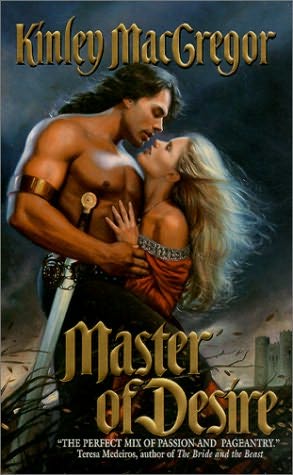 Piggybacking on Mike’s earlier post, I have long found it curious that the romance novel is the one genre no one wants to defend. (See, for instance, this comment.) But time was, romance was the genre.
Piggybacking on Mike’s earlier post, I have long found it curious that the romance novel is the one genre no one wants to defend. (See, for instance, this comment.) But time was, romance was the genre.
It seems to me that the contemporary romance novel—of the paperback bodice ripper variety (see right)—arrived on our shores of our literary imagination in no small part due to writers like D. H. Lawrence. And what could be more literary than Lawrence? I myself can conceive of no formal reason why a romance novel can’t be art. Indeed, I suspect that someone out there is already writing great ones. (Hell, isn’t Lolita a romance novel?)
Part of what I love about this Chicago Reader review of The Twilight Saga: Eclipse is its understanding of how Stephanie Meyers’s books and the resulting films—regardless of their quality (I haven’t read or seen them yet, though I intend to)—do partake of a larger literary tradition:
Twilight Reimagined
This site lists how Twilight might go if written by a list of other novelists…noteworthy remix styles include Murakami:
“Bella has sex with Edward, who is half a ghost. Jacob is a talking cat. Most of the prose is given over to descriptions of Bella making pasta.”
and Cormac McCarthy:
“In the opening scene, Edward dashes Bella’s head against a rock and rapes her corpse. Then he and Jacob take off on an unexplained rampage through the West.”
Twilight of the American Idols
I’ve been having problems sleeping lately. When I have problems sleeping, I become restless. It’s hard for me to get much reading done, especially anything heavy, because when I’m at my apartment I prefer to read in my bed, and if I’m tired and distracted what generally happens is that I fall asleep mid-sentence (and bend my glasses). It’s hot out. It’s really hot out. I have no A/C in my apartment. This is perhaps the reason I’ve been restless, and hopefully that’s true, because the heat is something I can adjust to.
Because I live across the street from my favorite bar, when I get restless I head to the bar and have a few drinks, generally with the intention of facilitating sleep. Sometimes it works, sometimes it doesn’t. Sometimes I end up at the bar and there’s nobody I know there except the bartenders and it’s awkward. Usually I can count on familiar enough faces to at least guarantee conversation.
Last night I couldn’t sleep, found myself restless, had already watched two movies and an episode of Twin Peaks (which I’m revisiting for the first time in the decade since I originally saw it), so I said fuck it and headed to the bar. I ordered a vodka gimlet first. Then I ordered a whiskey & soda. I was out of cash by this point, because I don’t carry that much cash on me regularly, and I knew that after mixing vodka and whiskey it would be unwise to drink that much more anyway, so I went home. I had a bit of a buzz going on. I got on my computer.
READ MORE >
A Brief MFA Discussion Round Up
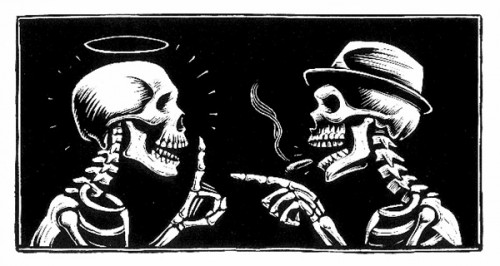
This weekend I spent some time thinking about how much people love talking about MFAs, what they’re good for, who should get one, why they’re terrible, how much they cost, why they’re wonderful and on and on and on. I never imagined that a college degree could generate so much vigorous discussion. I love it.
At The Rumpus, Anelise Chen wrote an essay about the MFA Ponzi Scheme. It’s a great, witty essay that makes good, if not commonsensical points. The comments are pretty intense with all kinds of opinions being shared about the MFA with a great deal of cost/benefit analysis. I love when writers get all math-y. I don’t have much of an opinion on MFAs. I do not have one. I do believe one should never pay for graduate school but that a graduate education is awesome. There are worse things someone could spend their money on, like drugs, though for some, that might be something better to spend their money on. I don’t judge.

